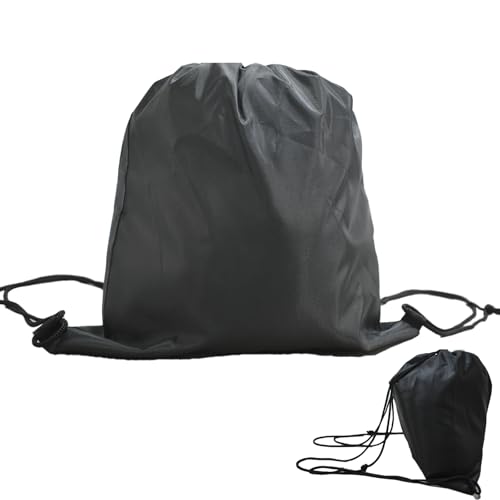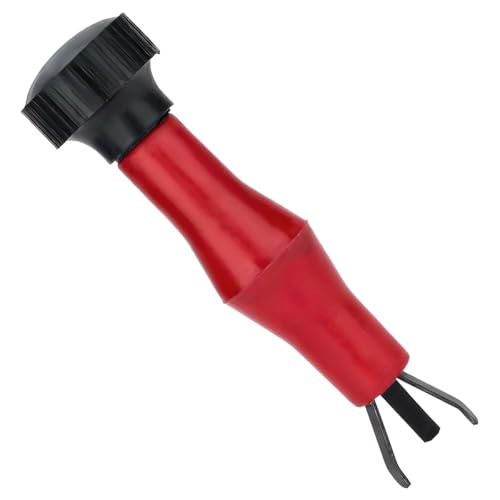afterburn: The gearbox will shread the long VII molecules, lowering the weight, making it thinner and reducing lube props.
afterburn: Personally, I run Motul 300V full synthetic (group V diester) 10W40 in my bikes, and I change oil aprox every 6500 miles. Comes out clean.
A little clarification needed: (all other things being equal) lube oil in an engine (or just in the atmoshere, once out of the container) oxidizes (becomes thicker, especially with attendant heat -- think "cooking"). Your annecdotal determinations may differ from the actual viscosity a labratory would tell you when checked at the proper temp with a viscometer. The most "basic" of oils contain a minimum of R&O (rust and oxidation inhibitor) just for this reason. The gears may, in fact, shred those long molecules (as you state) but, that may not offset the ultimate oxidation of the lube oil -- more probably, a loss in additives. There's also a common belief that "heavier" (thicker) is better -- not so. The proper viscosity (the molecule size that fits the clearances) is what's needed. How do think big oil molecules are going to find their way down those frail FJR exhaust guides? "Comes out clean" usually means a low level of detergent/dispersant additives or that, for some reason, those additives were ineffective in your application. Usually, the more d/d additive -- the more discoloration as the by-products of combustion, etc are carried in suspension in the oil. IMO, oil drain intervals have been dtermined (when analyzed for that) by inability to filter out insoluble contaminants (even after repeated and increasingly often filter changes) thus causing increases in wear metals -- the oil just gets too dirty. YMMV























































